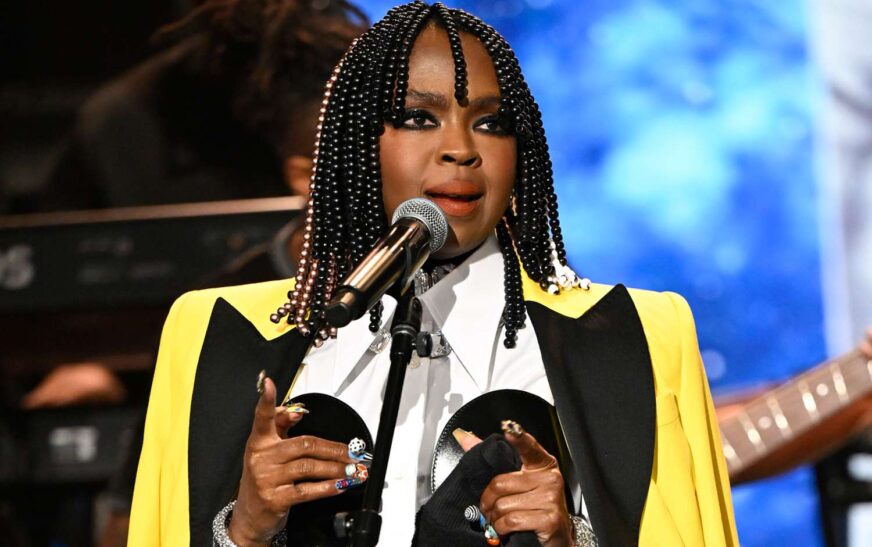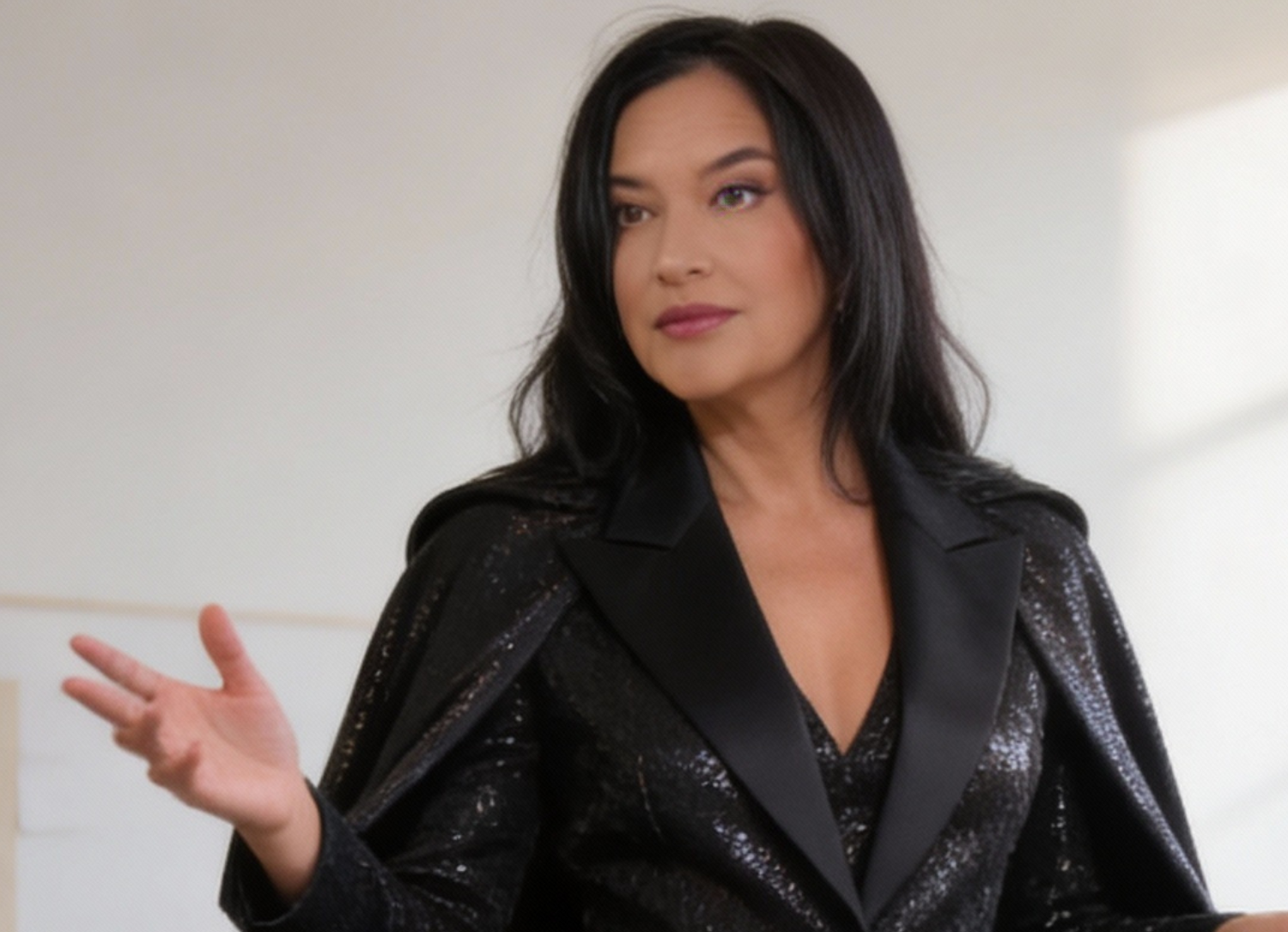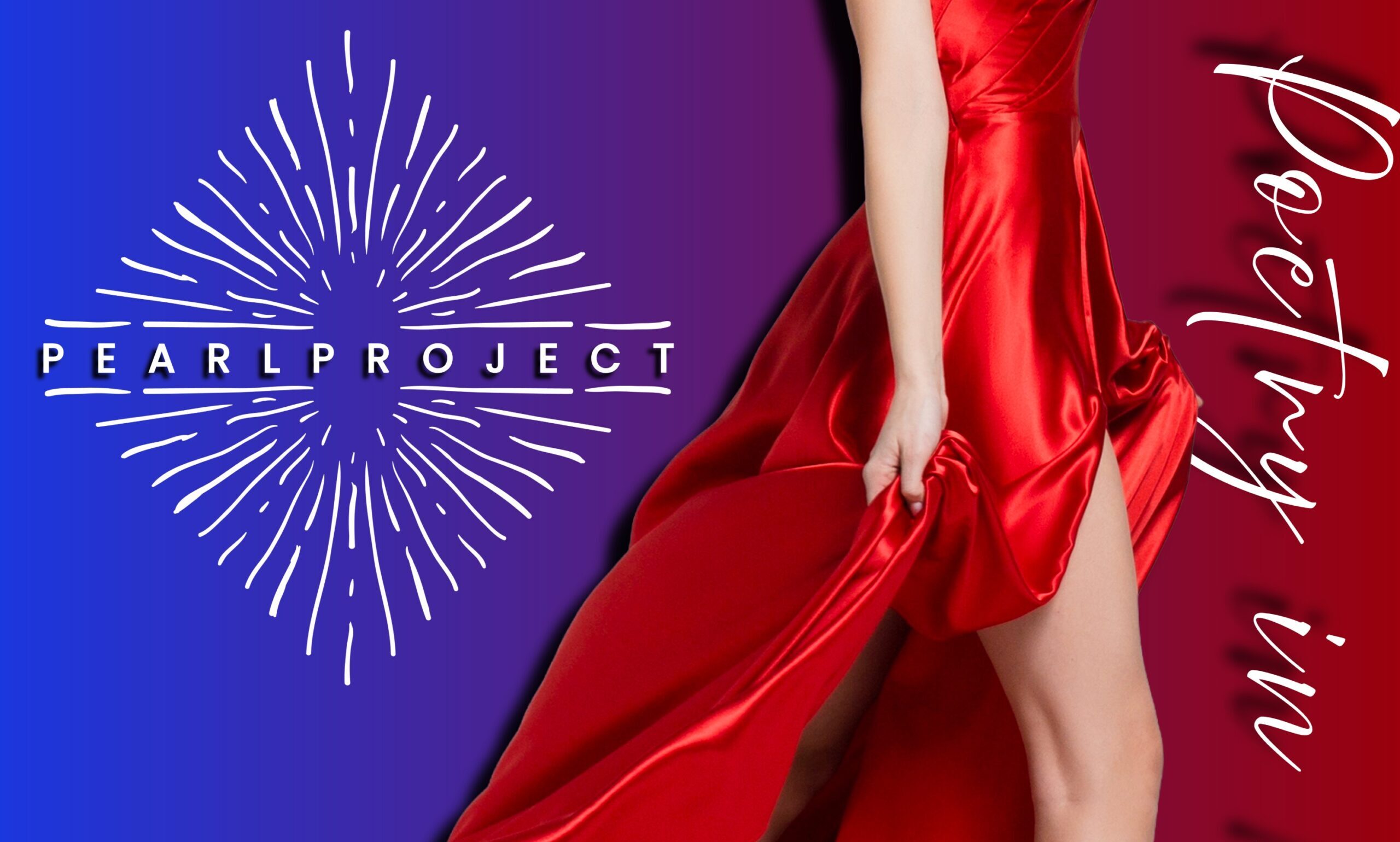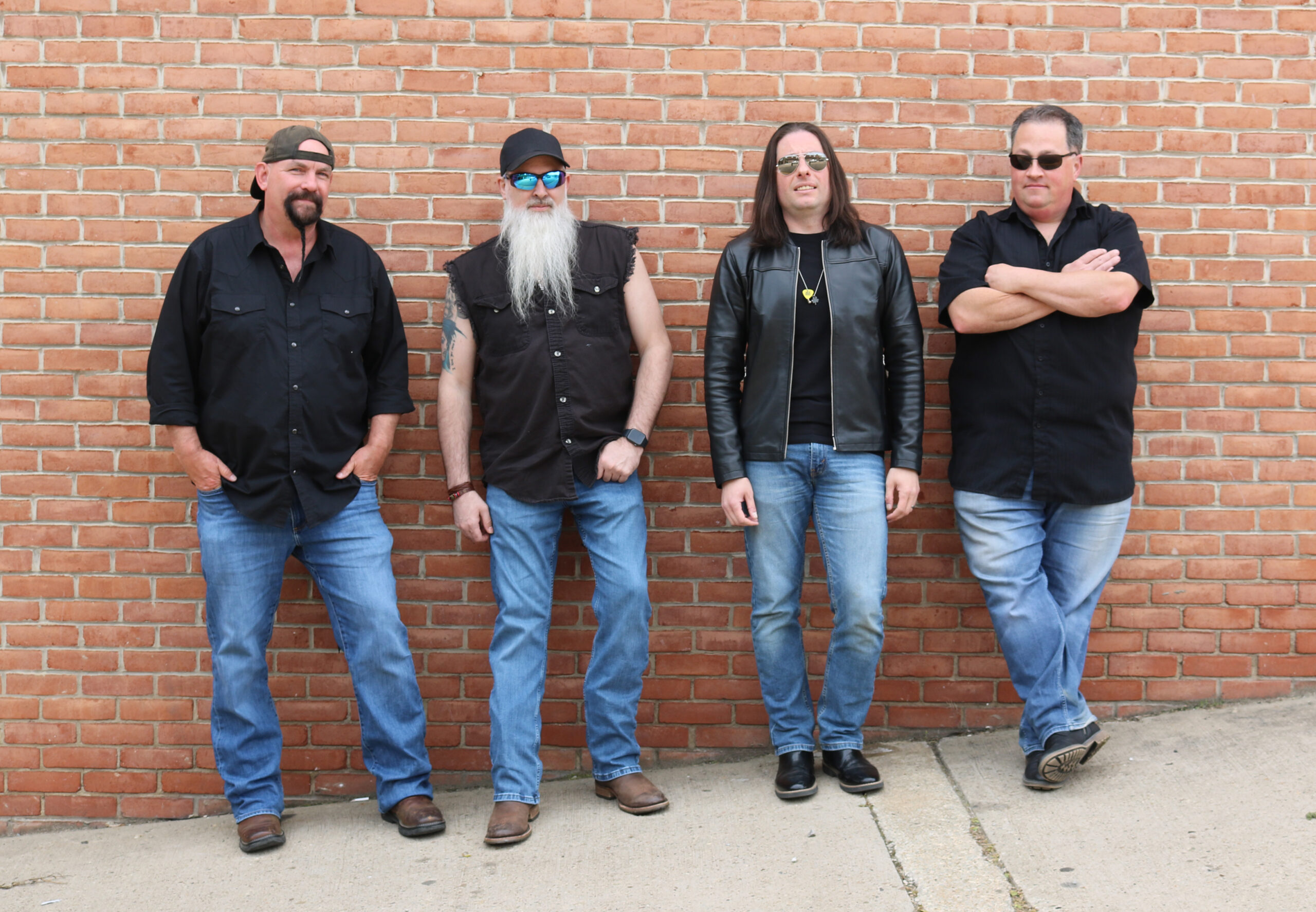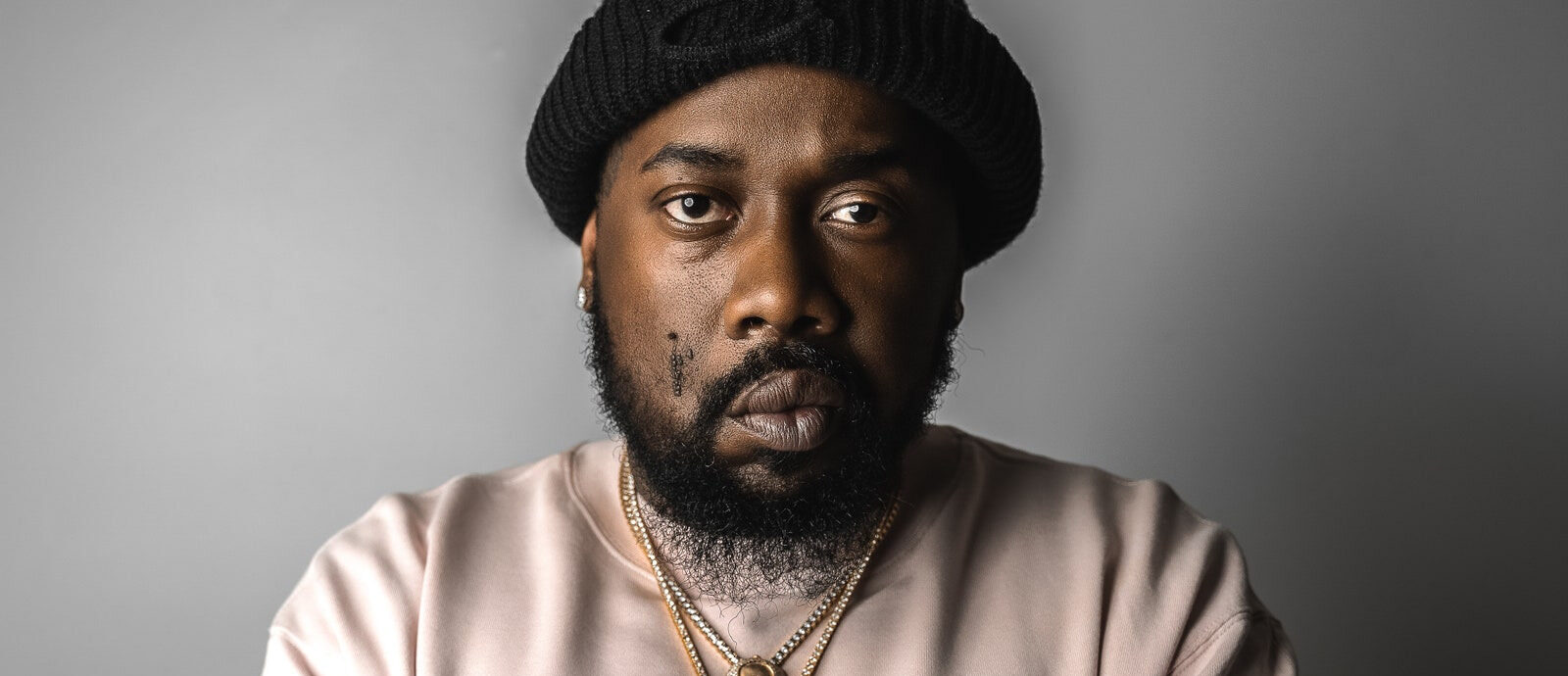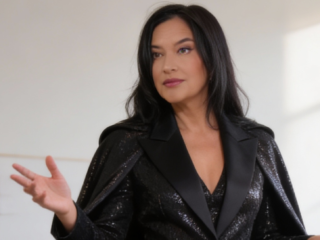On a shimmering spring afternoon last month in Cambridge, MASS., the legendary Lauryn Hill strolled back into Harvard University, where more than two decades earlier, she was a member of the hip-hop group that would introduce her as a guest artist on its major label debut. As part of the university’s speaker series, Hill joined students, artists, and faculty in an intimate roundtable that rapidly transformed into something more substantial truth.
Hill, whose trailblazing solo album “The Miseducation of Lauryn Hill” changed the course of multiple generations and whose legacy has forever solidified her as one of the great artists of our time, focused on the power of the collective when it comes to creating art. She had more than a symbolic presence. Not only that, but this was no mere lecture but a conversation laced with personal wisdom and artistic philosophy, and it cut deep.
“I write what I love, I find what I care about, and then I write about that,” Hill explained, sharing with unwavering belief. For her, composing music is not a mirror test of ego or a hunt for celebrity. It’s a dialogue with one’s world and, even more crucially, with the people who forge it. She talked about the value of being attached to a community, whether family, cultural roots, or common struggle, as the ground that helps an artist’s voice keep to its truth.
Check out this article: Sean “Diddy” Combs’ Jury Selection Faces Hurdles
The artist, who has been devoting her time for the past few months to supporting her son and burgeoning reggae star YG Marley, invoked their creative dynamic. Growing up watching him, Hill said, has only reinforced her belief that music has to come from authentic places, informed by experience, identity, and the stories of others. But her lesson to the students was unmistakable. Great songs, she implied, weren’t written in isolation or in some search for perfection but born of presence in life, community, and in service to the truth. She spoke of songwriting as a type of “alchemy,” a turning of thought, emotion, and need into thickness and consistency, something durable and resonant. For Hill, every song line is an act of translation, of turning life into language. And that translation is most potent when it’s written with people in mind, not separate from them.
Hill’s return to Harvard comes after her 2023 speech on the 25th anniversary of “The Miseducation of Lauryn Hill,” an album recently received Diamond certification from the RIAA. That benchmark provided a context for this year’s speaking, so some of what she had to say carried the weight of history. The themes of her album, love, identity, motherhood, and vulnerability, still resonate urgently today, particularly in a music business increasingly propelled by metrics rather than meaning. The room was packed with aspiring songwriters, poets, and musicians who hung on Hill’s every word as she pushed them to think beyond aesthetics and focus on impact. She pushed them not to imitate and later remember that authenticity is a responsibility.
Music is supposed to make people feel seen. That’s what the community does. That’s what truth does. Soon after, her words rippled through social media, disseminated through clips and quotes that cut to the heart of her message. Lauryn Hill reminded Harvard students that when it’s at its best, music mirrors the shared human spirit. No voice is stronger than the people behind it. In that truth, she was giving more than a music lesson but a deeper call to action to write from the world, not just from yourself.


